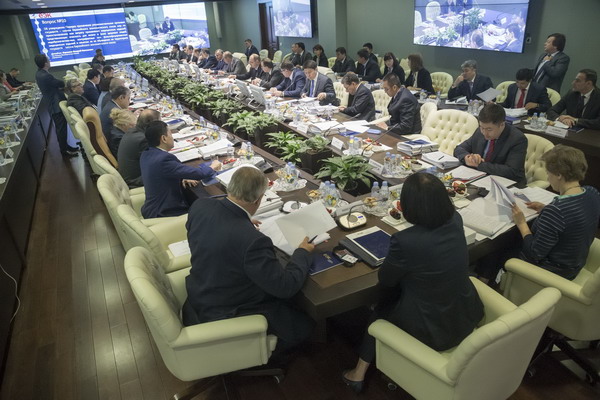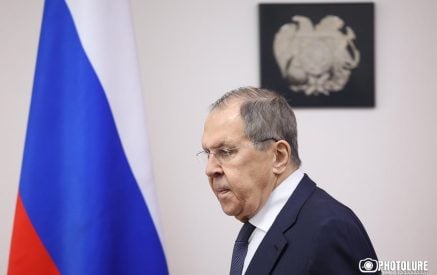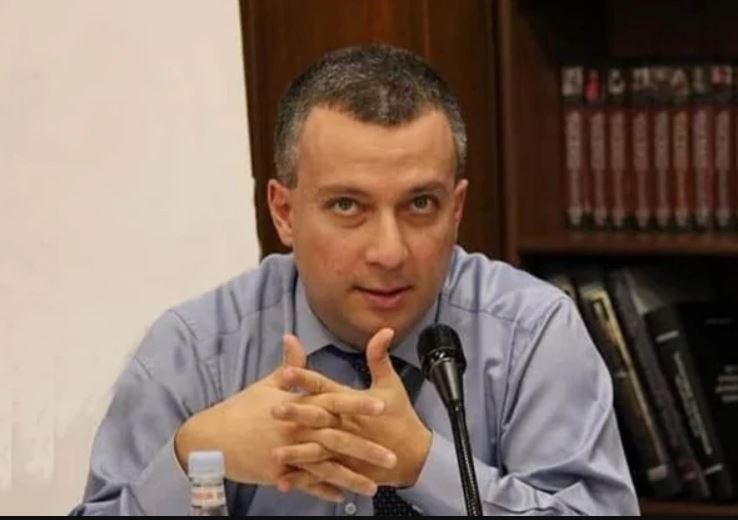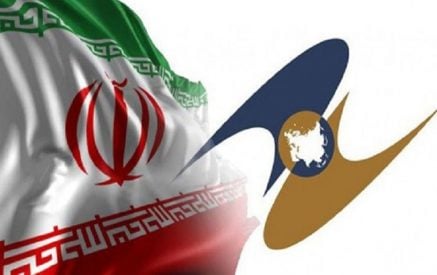Soon it marks the second anniversary of the Eurasian Economic Union and Armenia’s accession to it. However, Armenia’s population is still unaware of the specifics of this integration system. In particular, it is not clear what kind of structure this organization has, and to what extent the Eurasian Economic Union legislation ensures that the voice of the Eurasian Economic Union member states’ citizens is audible in political decision-making.
The Structure
The Eurasian Economic Union has 4 main governing bodies:
- The Supreme Eurasian Economic Council, EAEU’s most important governing body, which is comprised of the Heads of State of the member states.
- Eurasian Intergovernmental Council is the second by importance and is composed of the Prime Ministers of the member states.
- The Eurasian Economic Commission (EEC) is the permanent governing body of the Eurasian Economic Union.
- The Court of the Eurasian Economic Union is a permanent judicial body which is in charge of dispute resolution and the interpretation of the legal order within the Eurasian Economic Union.
In fact, if the Eurasian Economic Union were a state, it currently would have an executive and a flawed judicial body, while the legislative power is in the hands of the executive body.
Read also
Democratic structure?
Interestingly, all the members of the above-mentioned 4 bodies either belong to the government staff of the member states or are appointed by the governments of the member states. For example, if we compare the structure of the EAEU with that of the EU, then there is a clear distinction – the people’s representation in the form of any governing body is missing within the Eurasian Economic Union.
When the European Coal and Steel Community, the predecessor of the EU was created in 1952, besides the governing body comprised of government representatives, it also had a body named Common Assembly, which had 78 deputies from 9 member states’ parliaments. Later it was renamed European Parliament, whose members are elected directly, regardless of their national parliaments.
Why is it important?
It is noteworthy that the European Parliament controls the legislative process and approval of the budget in the EU. Although the European Parliament does not solely perform the legislative function, it can definitely control all the legislative changes and upset the adoption of laws, if necessary. Although the member states’ parliaments have influence on EU legislation, the existence of the European Parliament strengthens people’s supervisory function, making the voice of an ordinary citizen more audible on the EU’s highest governmental level. Meanwhile, the legislative function in the Eurasian Economic Union is not controlled by any single democratic body, which means that the supervisory function is significantly weaker, expressed only in the parliaments of member countries.
For example, in the process of establishing Eurasian Economic Union budget, only the presidents of the member states are involved in the Supreme Council and the Prime Ministers in the Intergovernmental Council.
Thus, the structure of the Eurasian Economic Union already has a democratic deficit, as there is not a single body in charge of supervision over any EAEU governing body. There are also no serious discussions underway on creating such body of EAEU today.
It could not be otherwise in the EAEU
And as long as there is no separation of powers in the Eurasian Economic Union and the legislative functions are vested in the executive body, the decisions and regulations will not always stem from the interests of the citizens of the Member States.
Although, in some sense it is not surprising, because in almost all the Eurasian Economic Union member states (Russia, Kazakhstan, Belarus, Armenia, Kyrgyzstan) there isn’t a really independent legislative body, functioning independently from the executive. All these countries’ parliaments unconditionally ratify all the proposals of the executive body, while in parliaments of Russia, Kazakhstan and Belarus there is no opposition whatsoever.
Anna Pambukchyan
Union of Informed Citizens























































